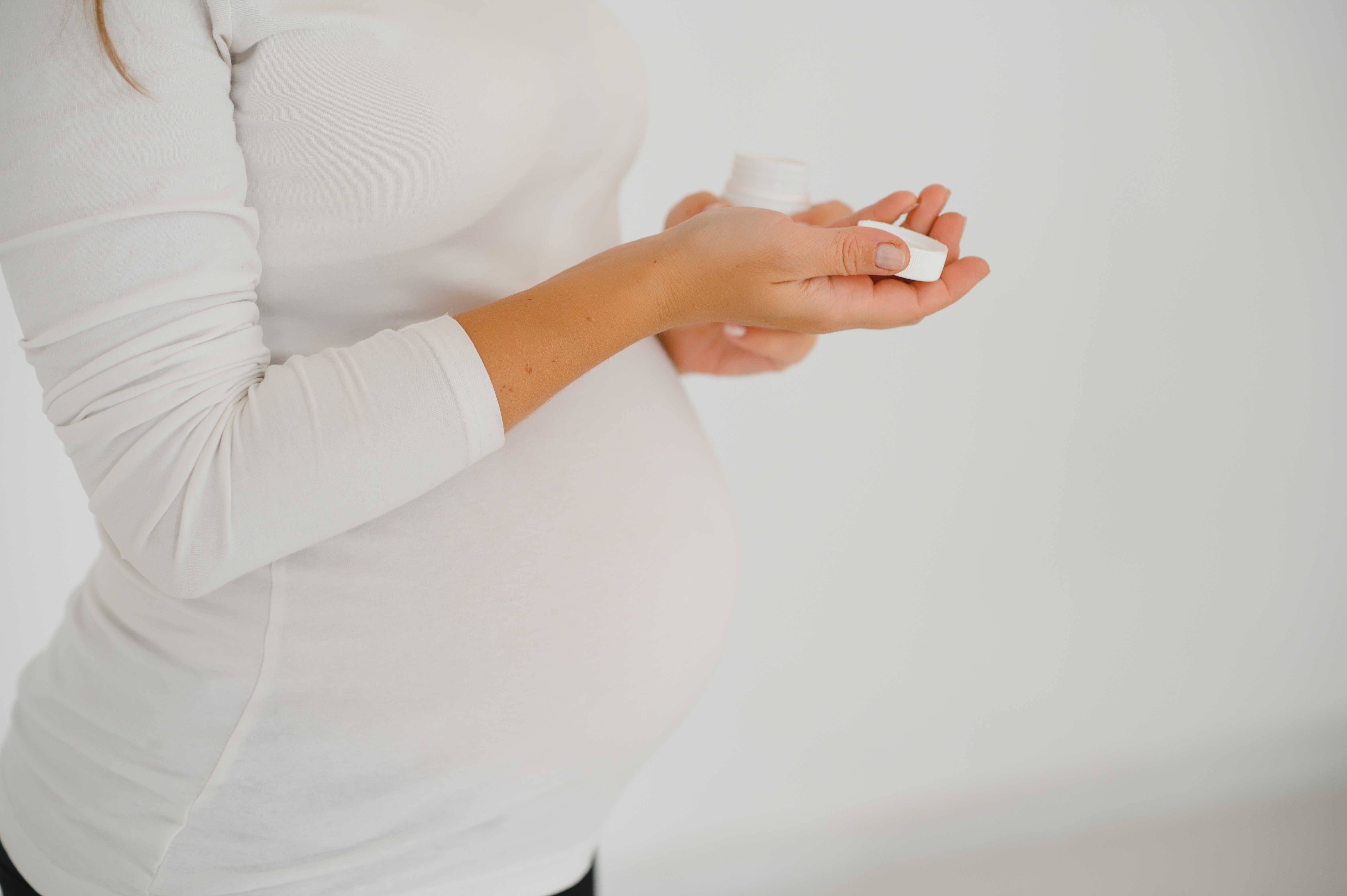
Maternal use of intrapartum antibiotics may increase the risk of autoimmune diseases in childhood for their offspring, according to a recent study published by Ainonen et al in the American Journal of Obstetrics & Gynecology. Intrapartum antibiotics are often used to prevent early-onset group B streptococcal disease in neonatal patients; however, these agents may impact the development of the newborns’ gut microbiomes. In a recent population-based cohort study, investigators used electronic medical records and comprehensive national registers to analyze the outcomes of 45,575 children who had been born vaginally—21.4% (n = 9,733) of whom had been exposed to intrapartum antibiotics. The investigators discovered that intrapartum antibiotic exposure was associated with autoimmune disease diagnoses among the children (adjusted hazard ratio [HR] = 1.28, 95% confidence interval [CI] = 1.02–1.62) but was not associated with allergic diseases (adjusted HR = 1.08, 95% CI = 0.97–1.20) or obstructive airway diseases (adjusted HR = 1.04, 95% CI = 0.96–1.14). The investigators concluded that their new findings represent the need for more targeted interventions to prevent group B streptococcal disease in this patient population.